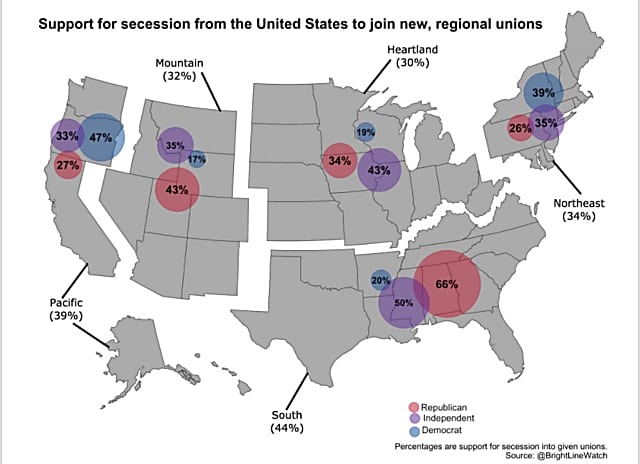FemMecha
01001100 01101111 01110110 01100101 00100000 01101
- Joined
- Apr 23, 2007
- Messages
- 14,068
- MBTI Type
- INFJ
- Enneagram
- 496
- Instinctual Variant
- sp/sx
I think this issue has been raised in the past, but I do think it is front and central for the issue of Trump support. In the U.S. there are deep, culturally instilled psychological issue relating to toxic and damaged masculinity (also toxic and damaged femininity, but that doesn't relate as directly to Trump). The microcosm I saw in the person I lived with I think does serve to project onto some percentage of people in shared experience, but I will note it is a projection from an individual case.
He had a very toxic relationship with his father, who was harsh, "kill'em' all" type mentality. He described his father as a sociopath, and my friend didn't trust him. He was even driven to attempted suicide during his youth in response to terror of getting in trouble with his father. I met him and he was odd and disturbingly harsh and disapproving. The conspiracy theories provided a projection of that distrust in authority, and in an oddly ironic manner, the embracing of Trump enabled a connection and approval with his father. Trump is an icon for the dysfunctional, toxic masculinity father figure in the U.S. There are many details and nuance of Trump's presentation that resonate at a deep psychological level, even his divisive positive and negative language to define those who accept or reject him. When people embrace this Trump, it reconnects them to their toxic fathers. It enables people to embrace what they hate and become it. Somehow that needs to be address, but how? How would you?
He had a very toxic relationship with his father, who was harsh, "kill'em' all" type mentality. He described his father as a sociopath, and my friend didn't trust him. He was even driven to attempted suicide during his youth in response to terror of getting in trouble with his father. I met him and he was odd and disturbingly harsh and disapproving. The conspiracy theories provided a projection of that distrust in authority, and in an oddly ironic manner, the embracing of Trump enabled a connection and approval with his father. Trump is an icon for the dysfunctional, toxic masculinity father figure in the U.S. There are many details and nuance of Trump's presentation that resonate at a deep psychological level, even his divisive positive and negative language to define those who accept or reject him. When people embrace this Trump, it reconnects them to their toxic fathers. It enables people to embrace what they hate and become it. Somehow that needs to be address, but how? How would you?

